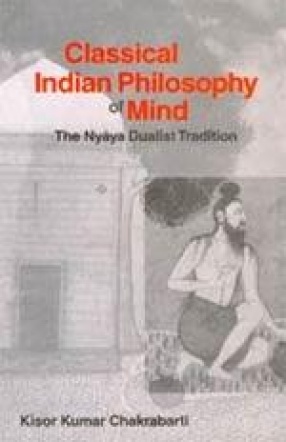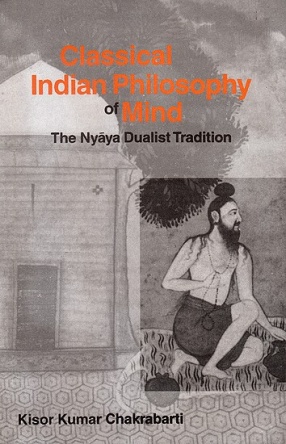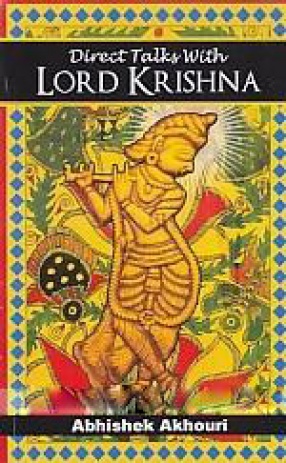This book examines psycho-physical dualism as developed by the Nyaya school of Indian philosophy. Dualism is important to many world religions which promotes free will. For the Nyaya, the self is a permanent, immaterial substance to which non-physical internal states like cognition belong. This view is challenged by other Indian schools, especially the Buddhist and Carvaka Schools. Chakrabarti brings out the connections between the Indian and the Western debates over the mind-body problem and shows that the Nyaya position is well developed, well articulated, and defensible. He shows that Nyaya dualism differs from Cartesian dualism and is not vulnerable to some traditional objections against the latter. A brief discussion of the Samkhya and the Advaita theories of the self and the critique of these views from the Nyaya stand point are included, as well as a discussion of a classical Nyaya causal argument for the existence of God. The appendix contains an annotated translation of selected portions of Udayana’s masterpiece, Atmatattvaviveka (Discerning the nature of the Self).
Classical Indian Philosophy of Mind: The Nyaya Dualist Tradition
This book examines ...
$40.50
$45.00






There are no reviews yet.